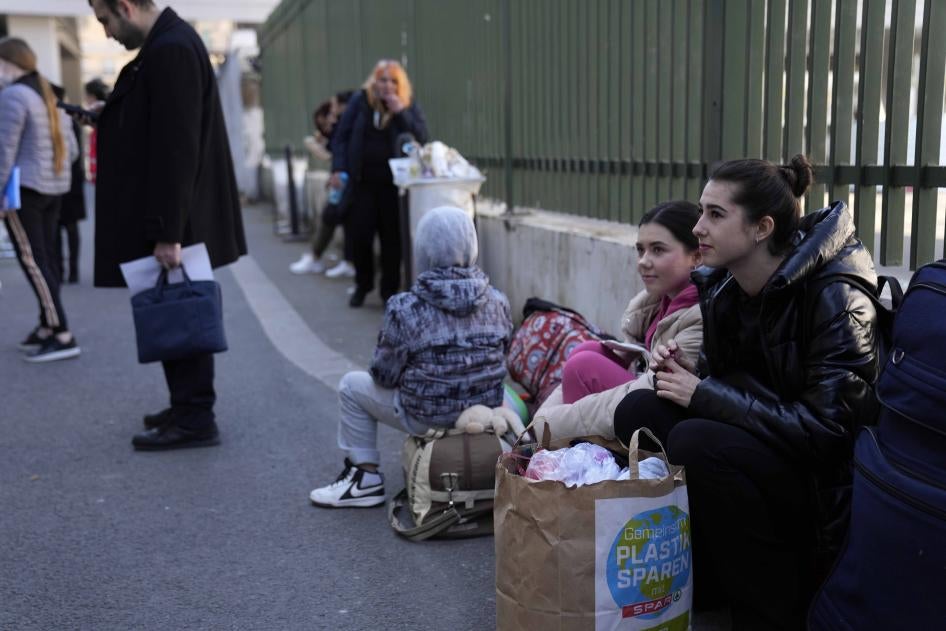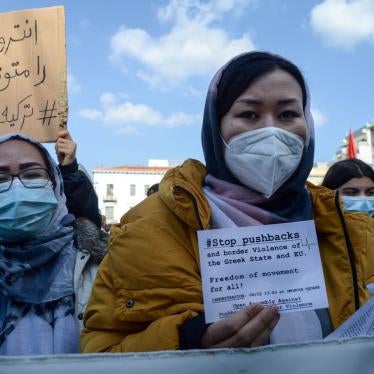“If your mental health is not good, how are you supposed to move forward?”, said Rafi (not his real name), a young Afghan man who was evacuated to France a few months ago. After fleeing Afghanistan following the Taliban takeover, all evacuees we interviewed in France continue to grapple with trauma and psychological distress.
Unfortunately, they are not alone. Many survivors and witnesses of the ongoing horrors in Ukraine are deeply traumatized. Reporting of that violence can also retraumatize people who had previously fled conflict from other places, like Syria. A 2020 study on global refugee populations suggests that experiences of post-traumatic stress and depression among refugees and asylum seekers are higher than in the general population. Reports from Afghanistan, Ukraine, Syria, Ethiopia, and many other regions from where people have been forced to flee in recent years reveal the devastating impact of traumatic experiences. They also show that finding shelter from physical harm does not necessarily provide immediate recovery from trauma.
Traumatic memories can be exacerbated by inhumane conditions experienced during transit, as in Libya or at the Polish-Belarusian border, and the European Union’s focus on shutting external borders over saving lives that often prevents entry and creates legal uncertainty.
Studies suggest that once in Europe, people seeking refuge face significant barriers to receiving mental health support. Human Rights Watch found that in France, asylum seekers are not eligible for full health coverage for their first three months in the country, a requirement that often presented a major barrier to accessing mental health services. Evacuees sent to remote areas of France found it even more difficult to access services, and remote support by phone or video is rare.
“I need someone to talk with. I think it is one of the most important things for us. It could ... stop those nightmares and the big depressions I have,” Rafi told me. Fulfilling the right to mental health means making mental health support a priority for those struggling with trauma. It also marks an important commitment to long-term integration efforts and establishing a culture of inclusion. European countries should ensure that all refugees and asylum seekers have sufficient access to quality and appropriate mental health support.










